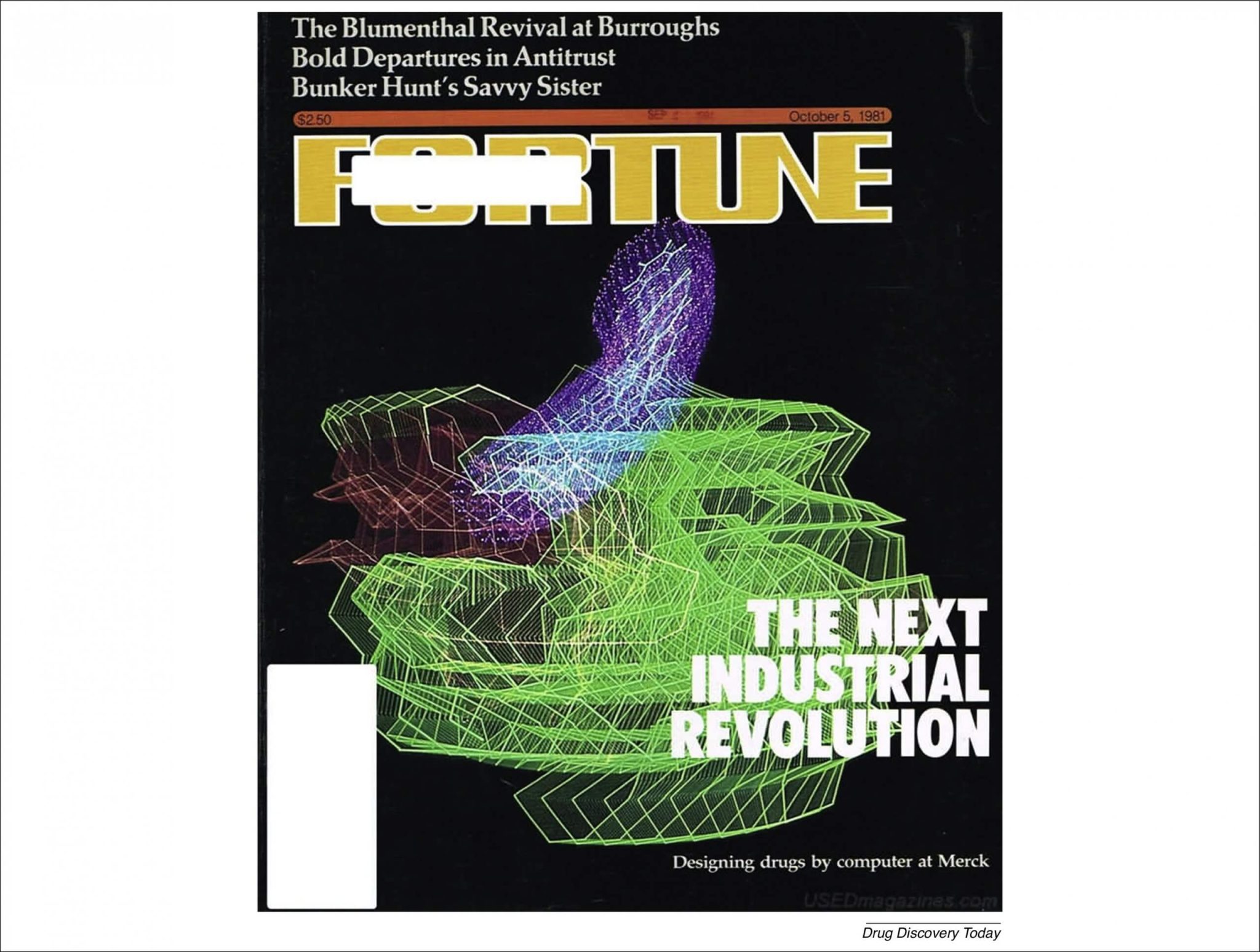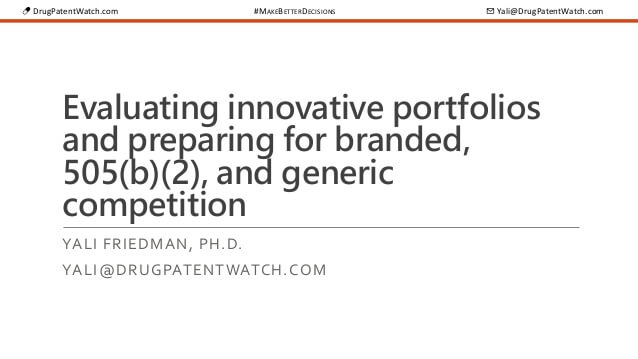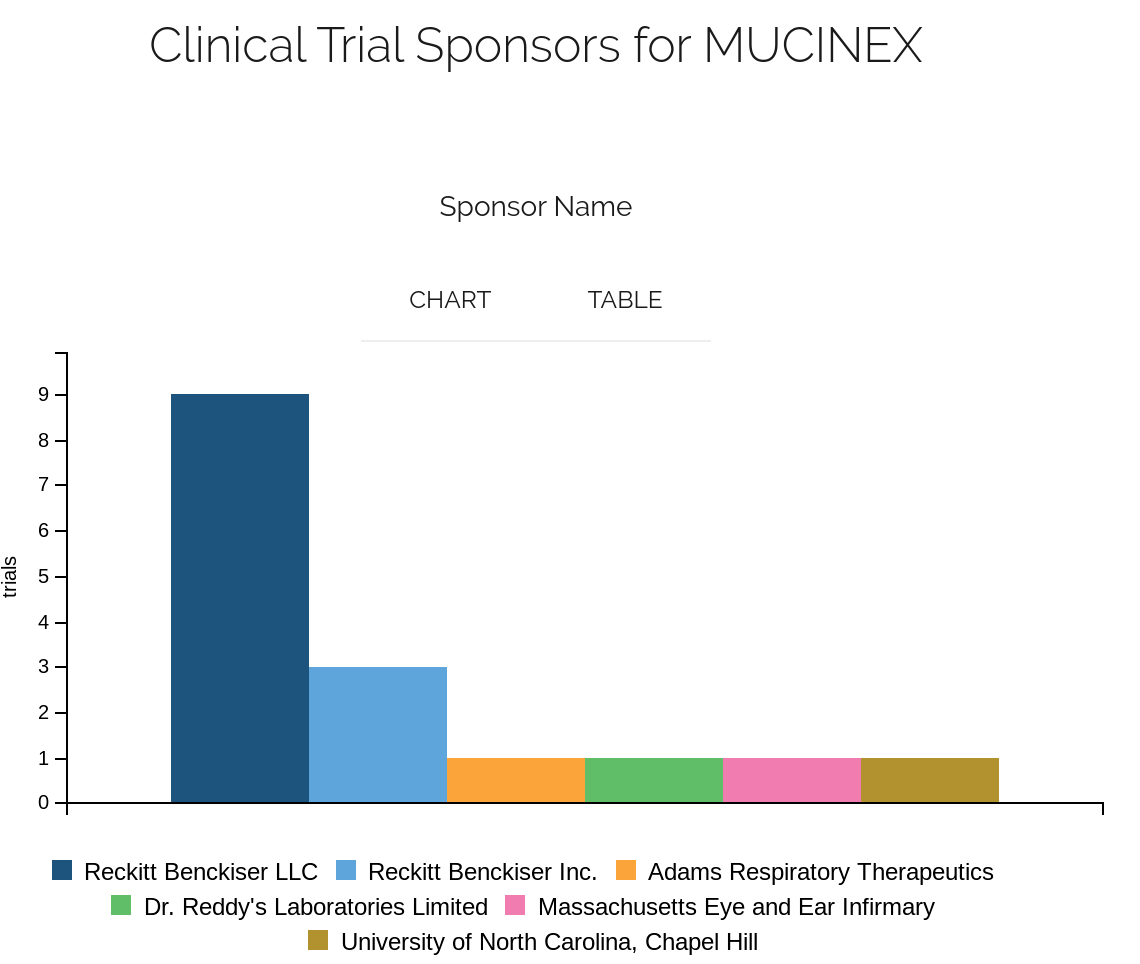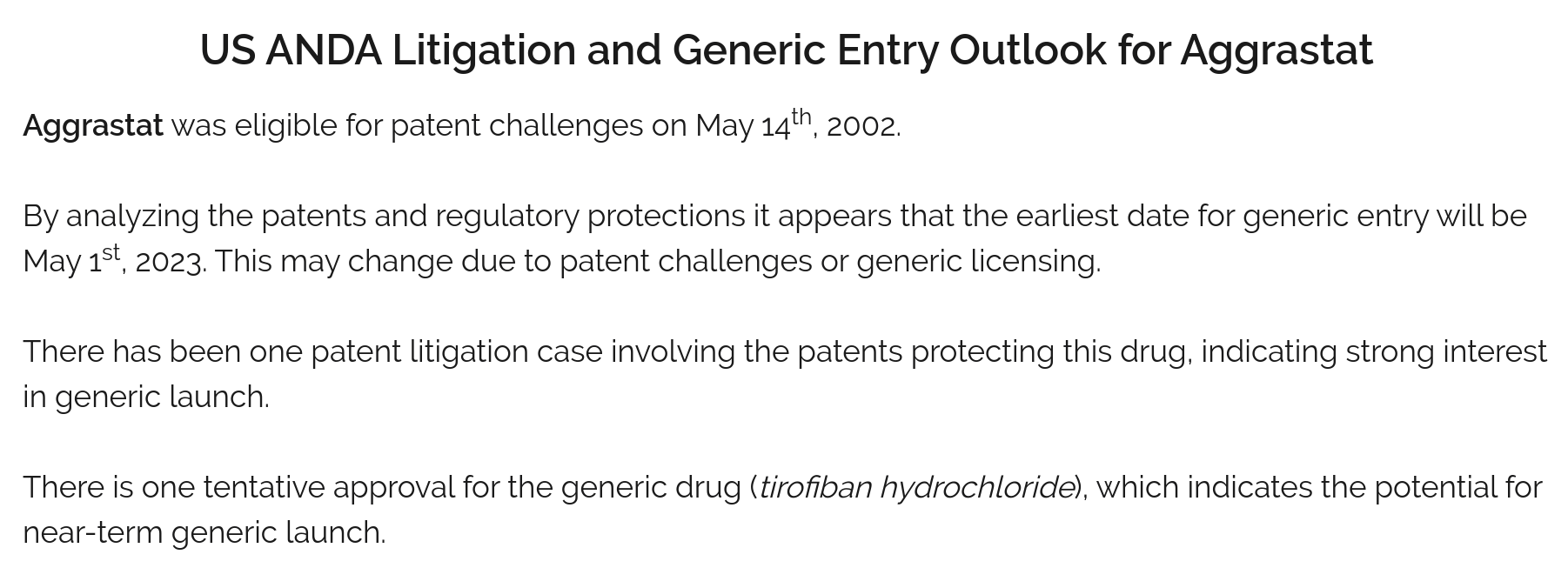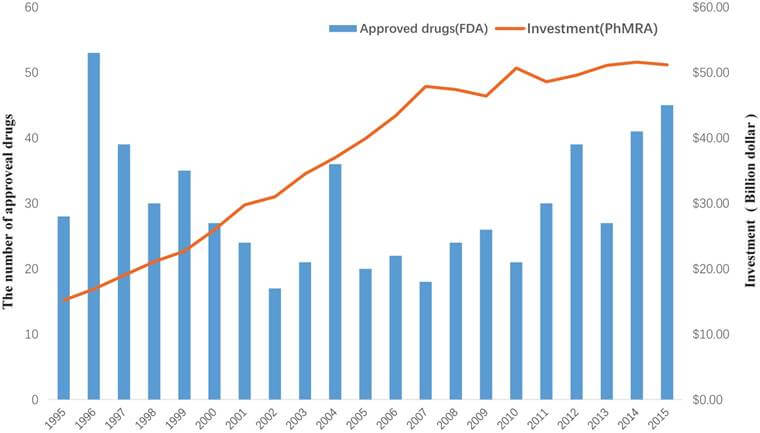
The pharmaceutical industry has witnessed a significant surge in the availability of public disease and drug-related data, which has facilitated the application of computational methodologies to transform drug discovery and development. In this article, we will delve into the benefits and applications of big data in generic drug development, highlighting the potential of leveraging these vast resources to improve the efficiency and accuracy of the drug development process.
The Power of Big Data in Generic Drug Development
Big data has revolutionized the way healthcare is delivered and improved the way drugs are developed. It provides insights into drug discovery, patient behavior, treatment outcomes, and disease progression, enabling more accurate and efficient results. The McKinsey Global Institute estimates that applying big-data strategies to better inform decision-making could generate up to $300 billion in healthcare savings by optimizing innovation, improving the efficiency of research and clinical trials, and building new tools for physicians, consumers, insurers, and regulators.
Benefits of Big Data in Generic Drug Development
- Reduced Clinical Trial Cycles: Big data reduces the number of clinical trial cycles by applying predictive modeling during drug development. This approach helps identify potential side effects before they occur, reducing the risk of drug development failure.
- Improved Data Quality: Big data improves the quality of the data used in drug development, allowing researchers to make more informed decisions. It also helps reduce the risk of clinical trial failure by identifying the most effective treatments and reducing the cost of clinical trials.
- Identification of New Drug Targets: Big data can help identify new drug targets and potential treatments for diseases that have not yet been studied. This is achieved by leveraging the diversity of available molecular and clinical data and using predictive modeling to identify new potential-candidate molecules with a high probability of being developed into drugs.
- Personalized Care: Big data analytics can help pharmaceutical companies tailor treatment to individual patients based on their genetic makeup and health records. This approach offers a higher probability of treatment success and fewer side effects, improving patient outcomes and satisfaction.
Challenges and Limitations
Despite the numerous benefits, there are significant challenges and limitations to leveraging big data in generic drug development. These include:
- Data Integration: Integrating disparate data types and sources can be complex and requires specialized tools and ontologies to ensure data harmonization and reproducibility.
- Data Quality: Ensuring the quality and integrity of big data is crucial. Poor data quality can lead to inaccurate results and undermine the entire drug development process.
- Regulatory Compliance: Pharmaceutical companies must comply with strict regulations, which can be challenging when dealing with large and complex data sets. Big data analytics can help identify potential compliance lapses, but human oversight is still necessary.
Conclusion
Leveraging big data in generic drug development offers significant opportunities for improving the efficiency and accuracy of the drug development process. By integrating disparate data sources, improving data quality, and applying predictive modeling, pharmaceutical companies can reduce clinical trial cycles, improve treatment outcomes, and identify new drug targets. While there are challenges and limitations, the benefits of big data in generic drug development make it an essential tool for the pharmaceutical industry.
“Big data is changing the way healthcare is delivered and improving the way drugs are developed. It has revolutionized the way drug development is done and has provided more accurate and efficient results.” – Joe Alea, Chief Technology Officer, Anju.
References
- Leveraging Big Data to Transform Drug Discovery – PMC – NCBI
- The Benefits Of Big Data In Drug Development – Contract Pharma
- Applying Data Analytics for Innovation in the Pharmaceutical Industry – IntelliSoft
- How to Leverage Big Data in Pharma Marketing – ELS Media Kits
- Leveraging Quantitative Methods and Modeling to Modernize Generic Drug Development and Review – FDA




